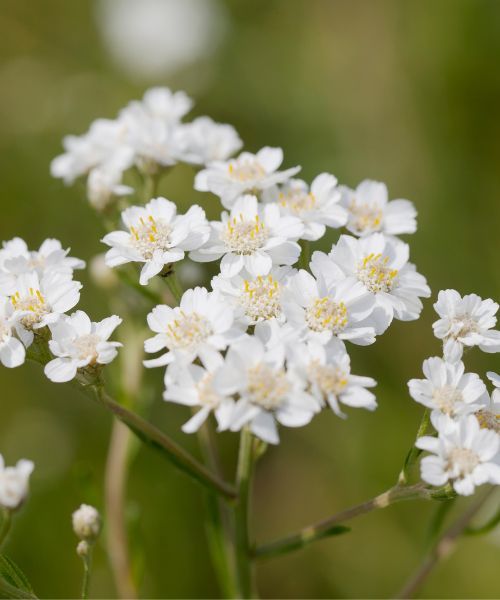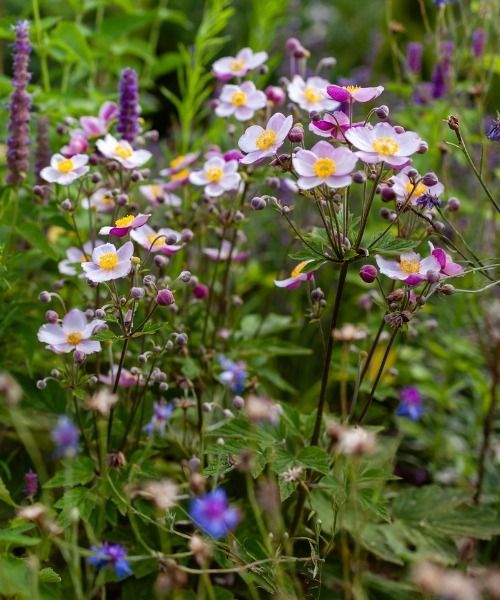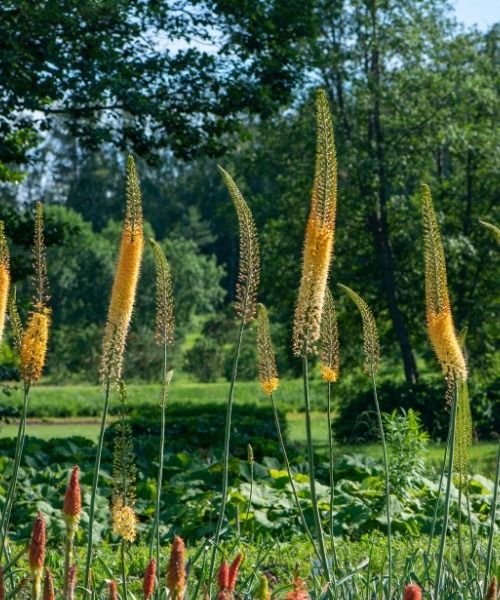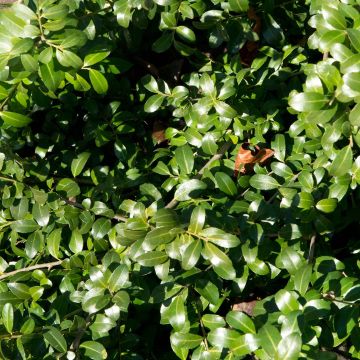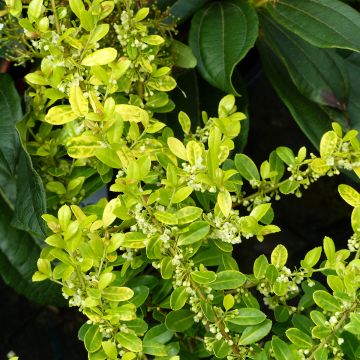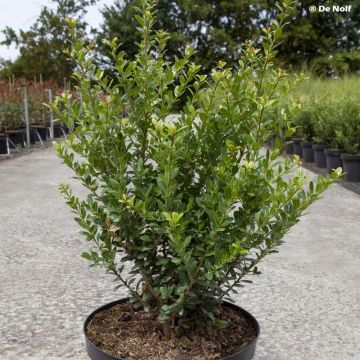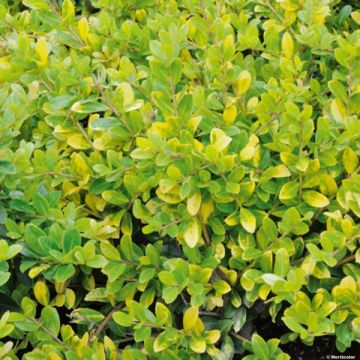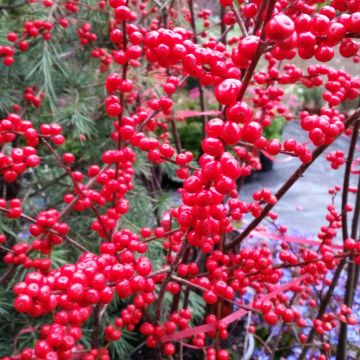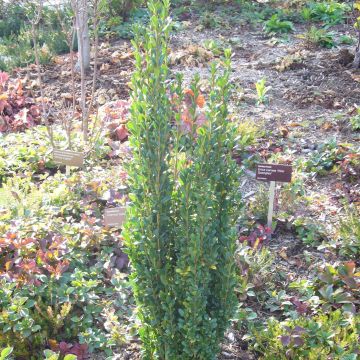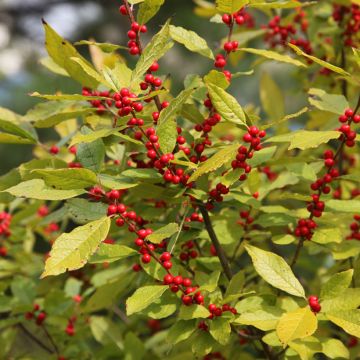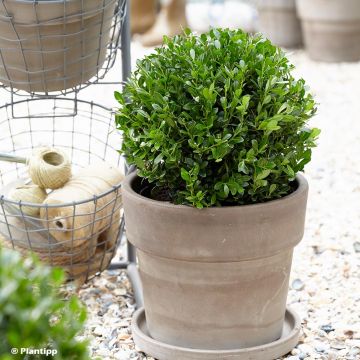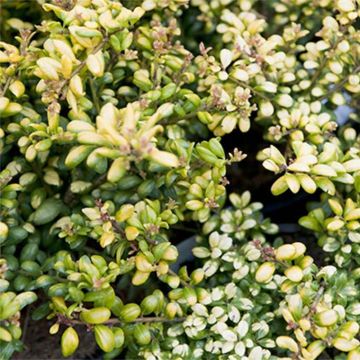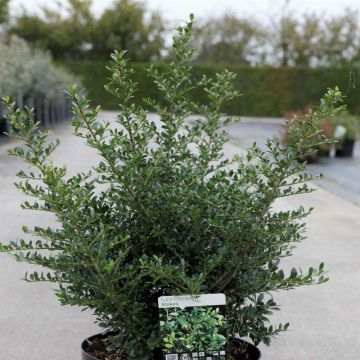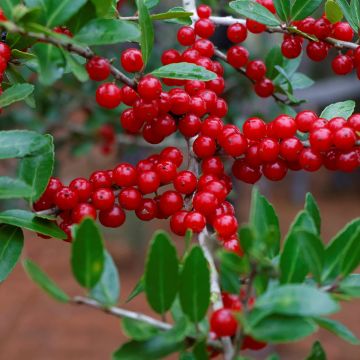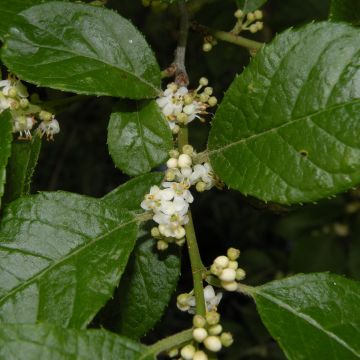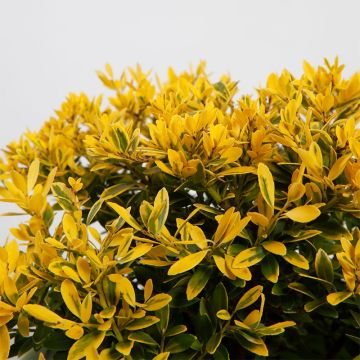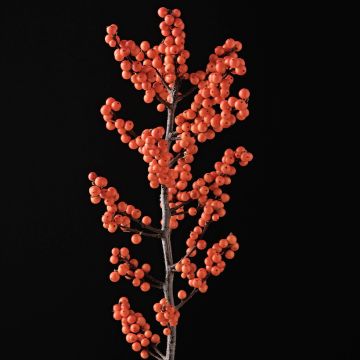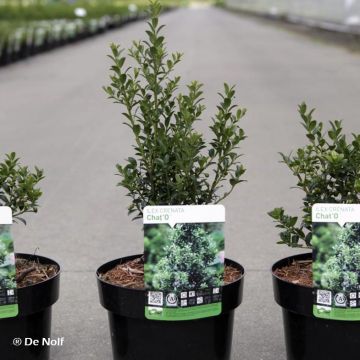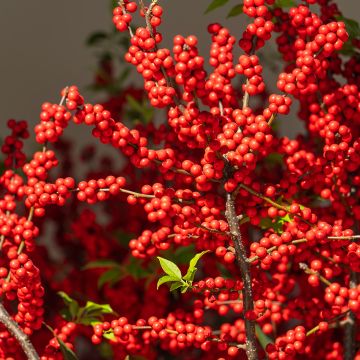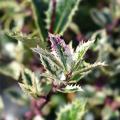Thornless Holly
Does this plant fit my garden? Set up your Plantfit profile →
Available in 3 sizes
Available in 2 sizes
Available in 3 sizes
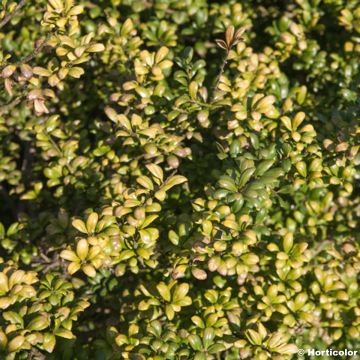
Available in 4 sizes
Available in 1 sizes
Available in 1 sizes
Available in 1 sizes
Available in 3 sizes
Available in 1 sizes
Available in 1 sizes
Available in 1 sizes
Available in 1 sizes
Available in 1 sizes

Available in 1 sizes
Available in 1 sizes
Available in 1 sizes
Available in 1 sizes
Available in 2 sizes
Available in 1 sizes
Available in 1 sizes
Available in 1 sizes
Available in 1 sizes
Available in 1 sizes
Available in 2 sizes
Available in 1 sizes
Available in 1 sizes
Available in 1 sizes
Hollies, in Latin Ilex, are bushes or small trees, often evergreen, appreciated for their beautiful - but very prickly - foliage and their decorative fruiting in winter. Well known as the Common Holly (Ilex aquifolium) with red berries that decorates our homes and gardens at Christmas time, the genus Ilex includes many other species and varieties with thornless leaves. In Ilex verticillata - Whorled Holly with barely toothed leaves - we can mention the female varieties 'Magical Daydream' or 'Maryland Beauty' which combine beautiful berries and non-prickly foliage. All varieties of holly with crenate leaves - Ilex crenata - have small, shiny non-prickly leaves that resemble those of boxwood. Less known, Ilex rotunda and its lovely self-fertile variety 'Red Dot' is literally covered in scarlet berries between October and December. And for curious botany enthusiasts, we have Ilex altaclerensis or Ilex glabra. Thornless hollies can be found in various sizes, colours, fruits, and habits.
Haven't found what you were looking for?

































